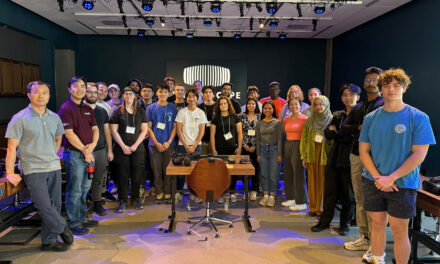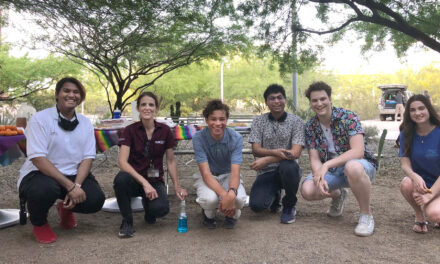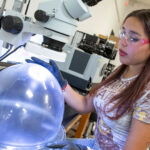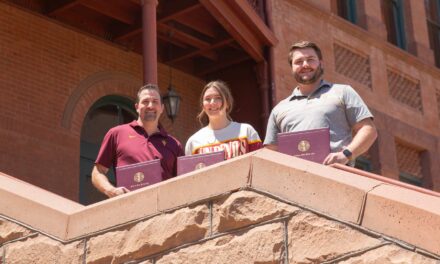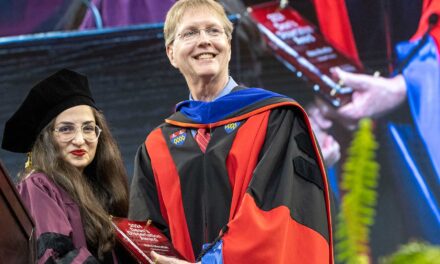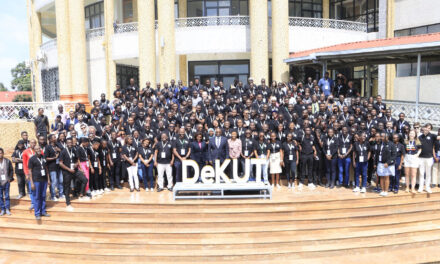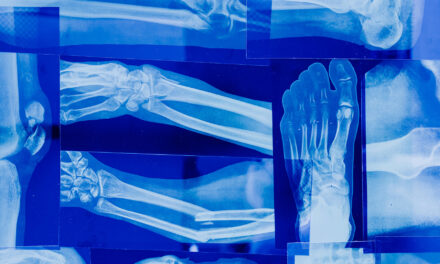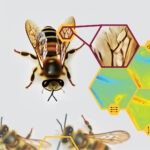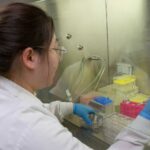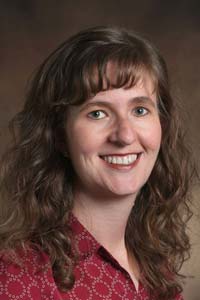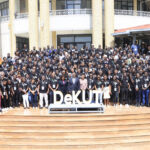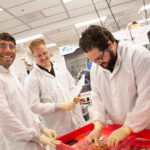
Researcher’s sustainability work earns NSF CAREER Award
Rosa Krajmalnik-Brown, an assistant professor in the School of Sustainable Engineering and the Built Environment, is researching “management of microbial communities” as a source of clean energy and way to improve environmental safety. By identifying microorganisms that can be combined to work together to break down toxic chemical compounds, these “teams” can be used in systems that remove contaminants and pollutants from soils and groundwater. For example, this process can be used for the cleanup of health-threatening substances such tricholoethylene—commonly called TCE—an industrial solvent used in decades past that has contaminated significant amounts of groundwater in Arizona, particularly in the Phoenix area.
Krajmalnik-Brown’s promising research in this area recently earned her an NSF CAREER Award.
CAREER awards recognize young engineers and scientists who are demonstrating potential to be research and education leaders in their fields. Krajmalnik-Brown is the 20th ASU engineering faculty member to receive a CAREER award in the past five years.
The award will provide more than $430,000 over five years to help fund research Krajmalnik-Brown is conducting in the Center for Environmental Biotechnology in ASU’s Biodesign Institute.
Engineering professor Bruce Rittmann, director of the Center for Environmental Biotechnology, says Krajmalnik-Brown’s progress demonstrates not only research skills but creative approaches to bioenergy production and water remediation. “She is giving ASU a unique advantage in the most important areas of environmental sustainability,” he says.
Krajmalnik-Brown uses a fermentation process to break down organic waste so it can be used as a food to nourish the kinds of bacteria that aid water and soil remediation and energy production processes. The success or failure of such a process is determined largely by what happens to the hydrogen and organic acids during the fermentation process. Krajmalnik-Brown’s research concentrates on stimulating the “good players” that provide food and other benefits for the energy and remediation systems, while keeping the “bad players” from diverting food to other processes.
The CAREER award will enable Krajmalnik-Brown to provide opportunities for graduate, undergraduate and high school students to participate in the laboratory work.
She’ll bring knowledge gained through the research into both graduate and undergraduate courses she teaches in environmental engineering, including a course she developed on biotransformation that examines uses of microorganisms in environmental engineering, energy generation and health treatments.
Krajmalnik-Brown became an ASU faculty member in 2007. She received a bachelor’s degree in industrial biochemical engineering from the Universidad Autonoma Metropolitana (UAM) in Mexico City, where her academic performance earned her a prestigious Fulbright scholarship, which she used to continue her engineering education. She earned a master’s degree and doctorate in environmental engineering at Georgia Tech and later worked as a post-doctoral researcher at ASU under Professor Rittmann.






